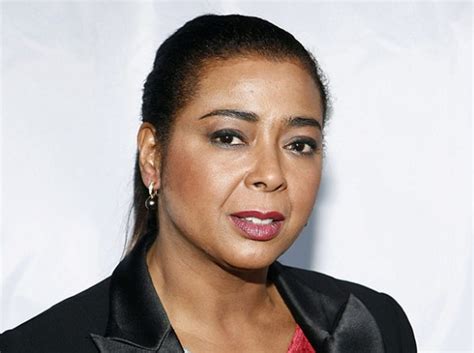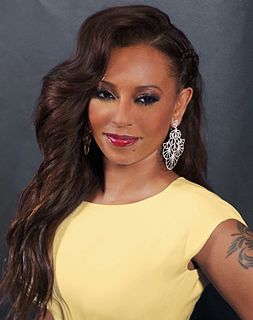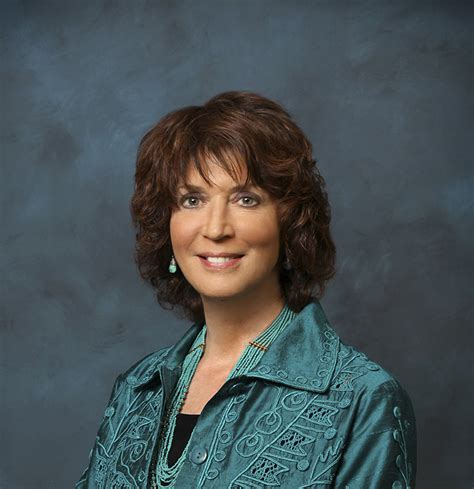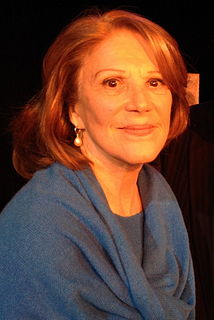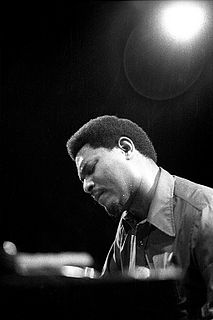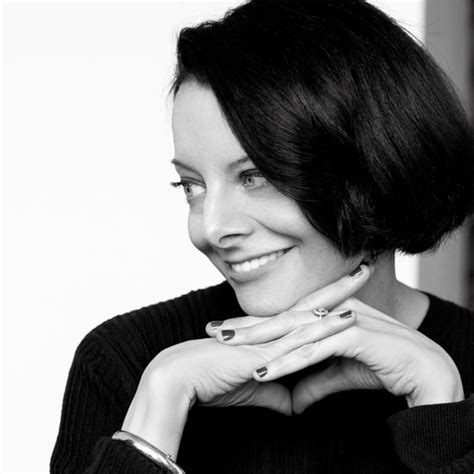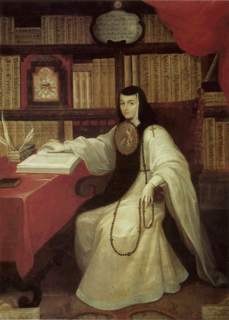A Quote by Irene Cara
My mother always wanted to be in show business, but her parents discouraged her. So when I started performing for the mirror she enrolled me in dancing, singing and piano lessons.
Related Quotes
I started taking piano lessons when I was about four years old. My parents were both musicians. So I took piano lessons. I didn't like the lessons very much, but I was enchanted by music. Music always transported me somewhere. Singing made feel good and being able to play the piano made me feel good.
My mother wanted to be a mother. That's the only thing she wanted from the bottom of her heart. She didn't want to be the number one actress - which she was - and she didn't want to be this great legend. All she wanted to be was a mother and she did but God took her away. So I always will empathise and sympathise with women.
My mum enrolled me in this free dance class because I had so much energy in the night-time, and she just wanted me to go to sleep. I ended up falling in love with dancing, singing, acting, the whole entertainment world. Then, my mum ended up taking on an extra job so she could fund me to take singing lessons or go to drama classes.
I should mention that I took piano lessons beginning when I was four. My mother was my first teacher, and it was a wonderful way to bond with her. She was a terrific supporter of my musical career. I knew I wanted to be in music since I began lessons, and I enjoy the various facets that my career has led me.
Her [Eleanor Roosevelt] father was the love of her life. Her father always made her feel wanted, made her feel loved, where her mother made her feel, you know, unloved, judged harshly, never up to par. And she was her father's favorite, and her mother's unfavorite. So her father was the man that she went to for comfort in her imaginings.
My youngest sister, Cindy, has Down syndrome, and I remember my mother spending hours and hours with her, teaching her to tie her shoelaces on her own, drilling multiplication tables with Cindy, practicing piano every day with her. No one expected Cindy to get a Ph.D.! But my mom wanted her to be the best she could be, within her limits.
The good enough mother, owing to her deep empathy with her infant, reflects in her face his feelings; this is why he sees himselfin her face as if in a mirror and finds himself as he sees himself in her. The not good enough mother fails to reflect the infant's feelings in her face because she is too preoccupied with her own concerns, such as her worries over whether she is doing right by her child, her anxiety that she might fail him.
The adolescent does not develop her identity and individuality by moving outside her family. She is not triggered by some magic unconscious dynamic whereby she rejects her family in favour of her peers or of a larger society.... She continues to develop in relation to her parents. Her mother continues to have more influence over her than either her father or her friends.
I was not yet three years old when my mother determined to send one of my elder sisters to learn to read at a school for girls we call the Amigas. Affection, and mischief, caused me to follow her, and when I observed how she was being taught her lessons I was so inflamed with the desire to know how to read, that deceiving - for so I knew it to be - the mistress, I told her that my mother had meant for me to have lessons too. ... I learned so quickly that before my mother knew of it I could already read.
